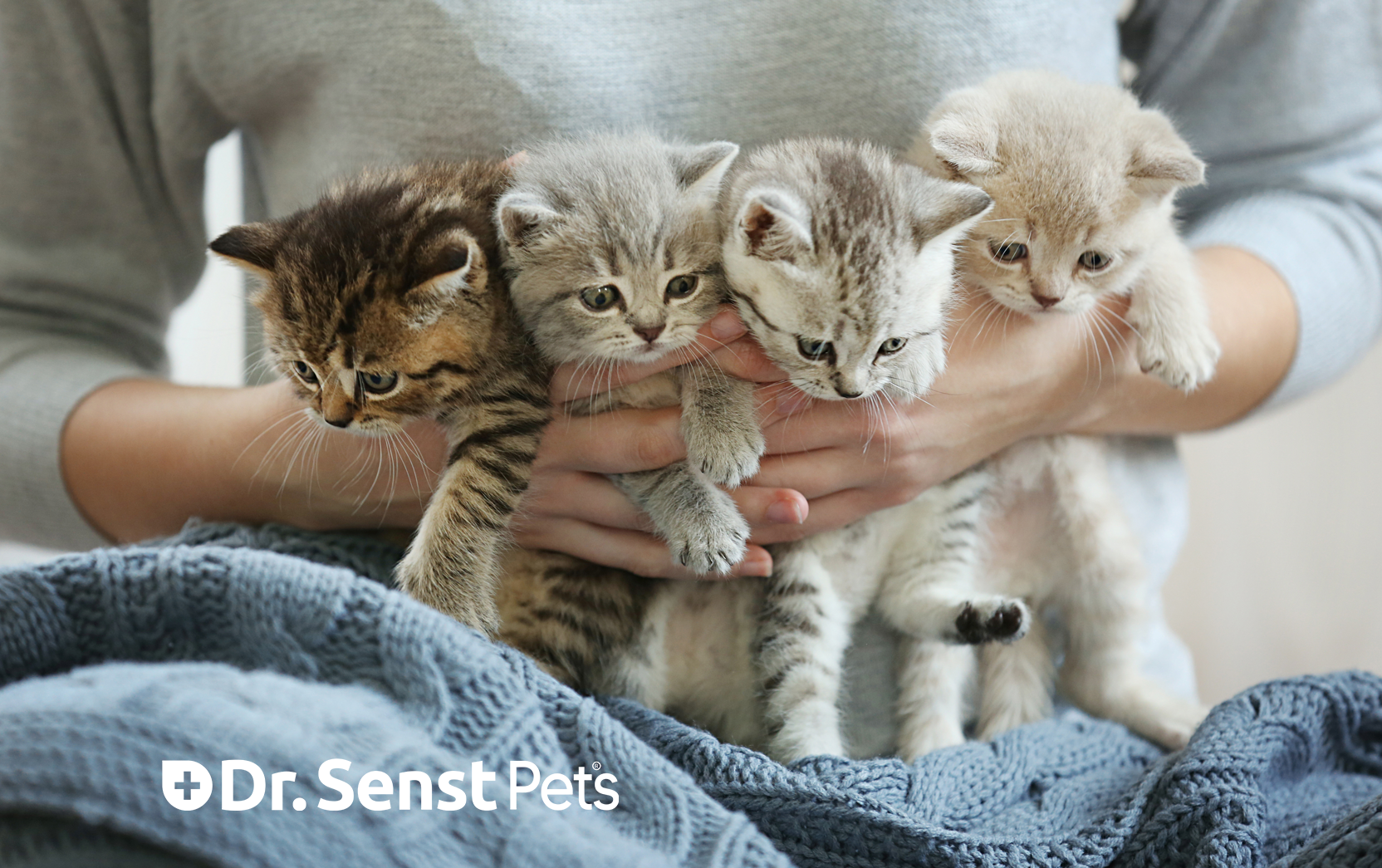
- by Dr.Thilo Senst
When Cat Care Becomes Urgent: Key Signs to Watch
- by Dr.Thilo Senst
Cats are known for their independence, but when it comes to health issues, they often hide symptoms until the problem worsens. Recognising early signs of distress can prevent severe conditions from escalating. Cat owners need to understand when to seek urgent care, as prompt treatment can often be the difference between a full recovery and chronic health issues.
According to PDSA UK, 75% of cat owners report missing the early signs of illness in their pets, leading to delayed veterinary care.
There are several symptoms and behaviours that indicate your cat may need immediate medical attention:
If your cat is coughing, wheezing, or showing any signs of laboured breathing, this can be an emergency. Difficulty breathing may be caused by infections, allergies, or even a blocked airway. Regardless of the cause, difficulty breathing is always an urgent situation that requires a vet visit.
While cats are known for their love of lounging, excessive lethargy or weakness—especially if accompanied by other symptoms like vomiting or diarrhoea—can signal serious health problems such as infections or organ failure.
Occasional vomiting or diarrhoea may not be a cause for concern, but repeated instances can lead to dehydration and indicate a more serious underlying problem like poisoning, infection, or a gastrointestinal blockage.
If your cat has been in a fight, fallen from a height, or experienced any sort of trauma, it’s important to check for signs of internal injury, fractures, or excessive bleeding. Any wound that bleeds excessively or doesn’t stop after a short period needs immediate attention.
Seizures are rare in cats but should be treated as an emergency when they occur. If your cat experiences a seizure, seek veterinary care immediately, as it could indicate epilepsy, poisoning, or brain trauma.
If your cat becomes suddenly aggressive, hides excessively, or refuses to eat or drink, these could be signs of pain or illness. Cats often hide their symptoms well, so behavioural changes might be the only indicator that something is wrong.
Male cats, in particular, are prone to urinary blockages, which can be life-threatening if untreated. Symptoms include straining to urinate, vocalising in pain when trying to use the litter box, and licking the genital area excessively.
Kidney failure is more common in older cats but can affect cats of any age. Symptoms include increased thirst, frequent urination, loss of appetite, and vomiting. If left untreated, kidney failure can rapidly progress and become fatal.
Cats can develop diabetes, which requires careful management. Sudden weight loss, excessive thirst, and frequent urination are symptoms of diabetes. Untreated, it can lead to complications such as diabetic ketoacidosis, which requires emergency treatment.
The Cats Protection League reports that around 1 in 200 cats in the UK develops diabetes, highlighting the importance of early detection and treatment.
There are times when the urgency of a situation is less clear. Here are some scenarios where it’s always best to err on the side of caution and consult with your vet immediately:
Many emergencies can be prevented through routine cat care and early intervention. Regular check-ups, vaccinations, and health screenings are key in identifying issues before they become critical.
Ensure your cat has a yearly vet check-up. For senior cats, more frequent visits might be necessary to monitor age-related issues such as arthritis, kidney disease, or diabetes.
Dental issues, such as infections or gum disease, can cause significant pain and lead to systemic health problems. Regular dental checks and brushing your cat’s teeth at home can help prevent serious dental conditions.
A balanced diet is key to keeping your cat in good health. Speak to your vet about the best food options, especially if your cat has special dietary needs due to conditions such as obesity or food allergies.
Just as routine maintenance helps keep a car running smoothly and prevents breakdowns, regular vet visits and daily care routines will help prevent health issues from escalating into emergencies.
1. How do I know if my cat is in pain?
Cats often hide pain well, but signs include reduced activity, hiding, aggression, and a loss of appetite.
2. What should I do if my cat has a seizure?
Keep your cat safe from nearby objects, remain calm, and contact your vet immediately. Do not try to hold your cat down during a seizure.
3. What are some common household toxins for cats?
Some common toxins include chocolate, lilies, certain essential oils, antifreeze, and cleaning products. Always ensure these items are out of reach.
4. Is vomiting in cats always an emergency?
Occasional vomiting can be normal, but frequent vomiting, especially with lethargy or blood, requires urgent attention.
To ensure your cat remains healthy and to prevent emergency situations, consider using these carefully crafted products from the Dr. Senst range:
By incorporating these products into your routine, you can help maintain your cat’s health and reduce the risk of emergency vet visits.
![]()
Enter your details & download our comprehensive 50+ page printable Dr. Senst Pet Care Planner completley FREE! - keep track of all your pet’s needs, from medical history and training to vet visits, grooming, diet, and more!










Share:
When Cat Ear Infections Require Veterinary Care: Signs and Treatments
Can My Dog Eat Corn? Benefits, Risks, and Safe Feeding Tips